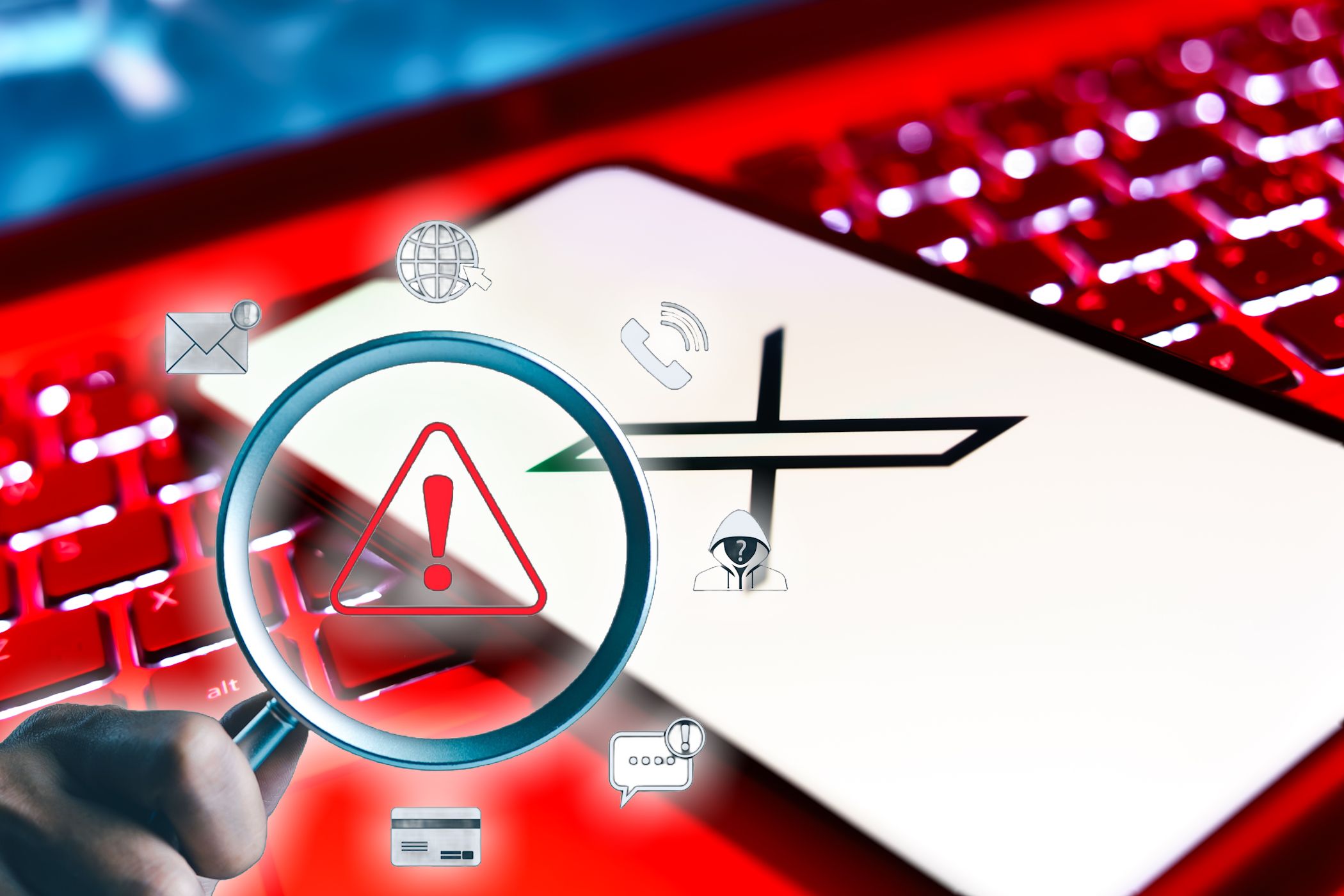So-called “everything apps” promise to simplify your life by combining your messaging, payments, banking, and other services into a single app.
Convenient, right? But behind the convenience is a troubling reality—these apps don’t just streamline your transactions, they tighten their grip on your data.
What Is an “Everything App” Anyway?
An “everything app” integrates various services within one platform. The idea behind these all-in-one apps (also known as a “super app”) is to allow users access to messaging, shopping, banking, and social media all in one app. China’s WeChat is one of the best examples of an everything, all-in-one type app. It first began as a messaging app and has since evolved into a massive platform offering services such as banking, food delivery, transportation, and even medical services.
In the West, there’s a growing interest in developing similar platforms. Notably, Elon Musk intends to transform X (formerly Twitter) into an everything app, aiming to incorporate features like peer-to-peer payments, e-commerce, baking, and more. This vision mirrors the extended utility often seen on platforms like WeChat and Alipay.
The More an App Does, the More It Knows About You
While the convenience of these everything apps is appealing, the idea of one app or service provider having access to your personal info, banking details, private messages, and social media activities is deeply concerning. When a single app collects nearly every aspect of a person’s digital footprint, it becomes a powerful tool for tracking and influencing individuals.
This level of control has the potential for unprecedented monitoring and profiling bigger than any government-run surveillance program. With access to such a wide range of personal data, companies can build eerily precise profiles of us, using that information for hyper-targeted advertising, behavior manipulation, or even more nefarious purposes.
Even if a company promises not to misuse user data, there’s always the question of third-party access. Many platforms share user information with advertisers, business partners, or even government agencies. This raises concerns about intrusive marketing and the potential for discriminatory practices based on financial transactions, social interactions, or location data.
Cybersecurity is also a big threat. The more information an app collects, the more valuable it becomes to hackers. A single breach could expose vast amounts of sensitive user data, leading to financial fraud, identity theft, and personal security threats. This is why social media accounts are the most targeted by hackers; they’re a vast trove of personal data.
History has shown that no platform is immune—incidents of major data leaks have affected companies across industries, often with devastating consequences for users. Now, imagine a data leak that exposes your login credentials on a social media platform and provides access to your banking and private messages.
What You Can Do Instead
Using everything apps is generally a bad idea if you want to protect your privacy and security. However, there seems to be a growing shift where major tech companies try to offer as many services as possible and integrate them into a single platform. This makes it increasingly hard not to use a multifaceted type of app. Despite these, there are still a few ways we can protect ourselves.
- Stick to Specialized Apps: Opt for dedicated applications specializing in a specific service. Having a separate app for messaging, shopping, banking, and social media helps segment your data and divides the level of control one service can have on your digital life.
- Treat Everything Apps Like a Single App: Well-established services are often expanded or congregated into an everything app. If you find the service important and cannot switch to an alternative, using an everything app only for that specific service shouldn’t do extra harm. Just don’t be enticed to sign up for all the other services, even if it seems more convenient.
- Limit Application Permissions: Super apps will require various permissions to use all of their features—even the ones you don’t use. If you have to use an everything app for one specific service they offer, limit permissions. Disable access to data or features that aren’t essential for the app’s primary function. You don’t need to share contacts, photo galleries, or locations if you only use the app to watch short-form content.
- Try Alternative Ways to Use a Service: Sometimes, a service on an all-in-one app may provide alternative ways to access your account. Avoid linking your banking details, social media accounts, and personal contacts unless absolutely necessary. For example, a banking service may be accessed through their own smartphone app or through their website using your browser.
- Stay Informed About App Privacy Practices: Before downloading or updating any app, research its privacy policies and data-handling practices. Be cautious of applications that request excessive permissions or lack transparency in how they manage your data.
While the convenience of an “everything app” is understandable, it’s important to weigh it against potential privacy risks.




